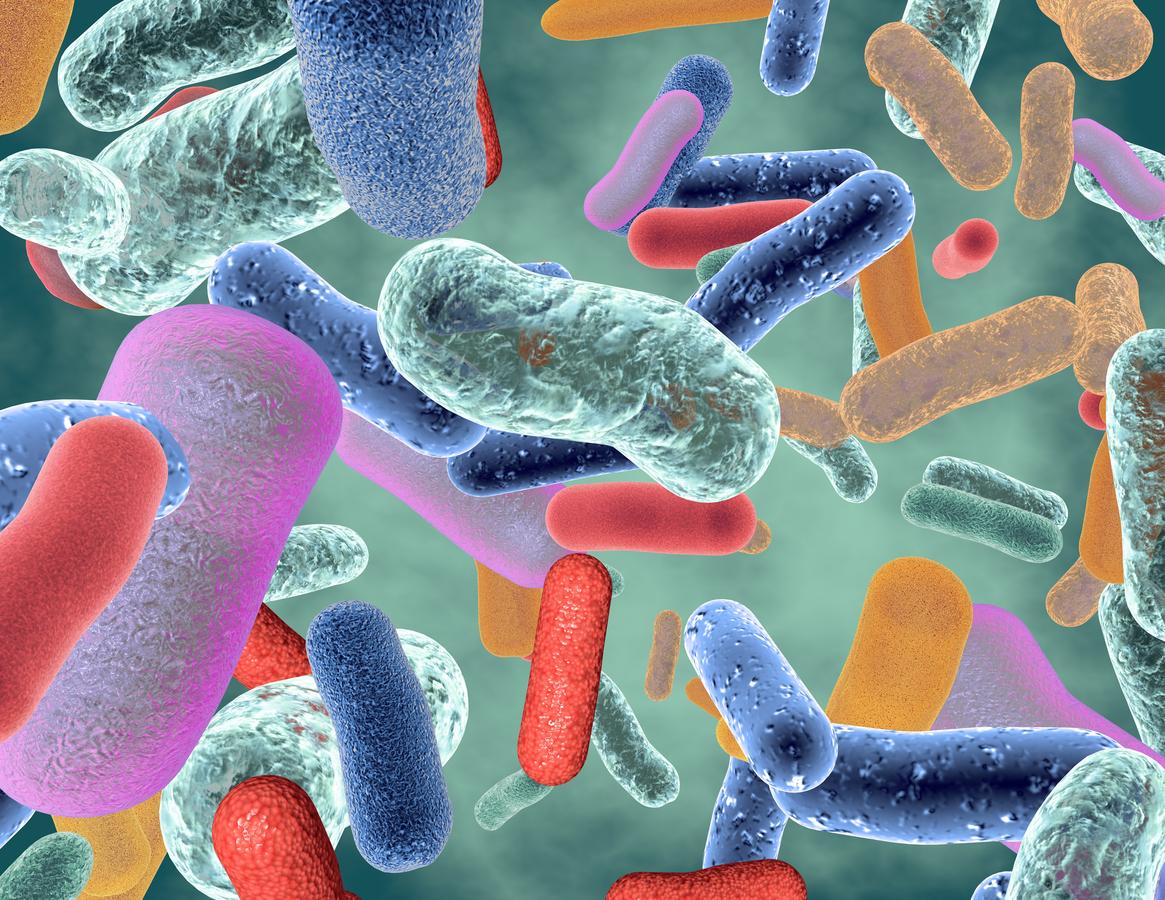What are the links between the microbiota and type 1 diabetes? The specialists take stock, and unveil a new line of research.

- While the links between type 1 diabetes and the intestinal microbiota are well established, researchers are working on a new therapeutic target.
Playing on the microbiota could prevent type 1 diabetes, according to a research project* presented yesterday Tuesday February 3 at the annual conference of the FFRD (Francophone Foundation for Diabetes Research).
Alterations in the microbiota associated with many autoimmune diseases
During the last century, developed countries have experienced an increase in the incidence of autoimmune diseases. This increase is partly explained by changes in environmental factors, such as diet or exposure to antibiotics. Gold, “we know that these environmental changes directly impact the intestinal microbiota, which plays a central role in the proper functioning of the immune system”, explain the scientists in the preamble.
The role of the intestinal microbiota in regulating the development of autoimmune diseases is now well established. Alterations in the microbiota have thus been associated with many autoimmune diseases, and they play a fundamental role in the development of type 1 diabetes. “However, the precise mechanisms linking gut microbiota imbalance and type 1 diabetes remain ill-defined, while the origin of the alterations remains undetermined”specify the diabetologists.
The microbiota, a relevant therapeutic target against diabetes
Due to its proven link with autoimmune diseases, the intestinal microbiota appears as a relevant therapeutic target against diabetes. “However, replacing it with a faecal transplant raises many questions, such as the choice of the donor of a protective microbiota or the presence of adverse effects”, say the researchers. Thereby, “an alternative approach would be to use natural molecules capable of remodeling the intestinal microbiota and restoring intestinal homeostasis, thus preventing the development of diabetes”. These molecules belong to the family of antimicrobial peptides, which are part of the innate immune system of almost all living organisms. Secreted by intestinal epithelial cells for defense against pathogens, these peptides also play a major role in building and maintaining an intestinal microbiota beneficial to the host.
The new project by Dr. Julien Diana’s team therefore starts from the hypothesis that a defect in the expression of these peptides could induce an alteration of the intestinal microbiota (inflammatory process) favoring the development of autoimmunity. It aims to determine, using a mouse model of the disease (NOD mice, Non Obese Diabetic) and samples from diabetic patients, the mechanisms linking the dysregulation of the expression of intestinal antimicrobial peptides and the development of autoimmune diabetes. “Using these peptides via modulation of their expression, in order to correct the intestinal microbiota, could then be a relevant therapeutic approach to prevent type 1 diabetes”, conclude the scientists.
*Remodeling the intestinal microbiota with antimicrobial peptides to prevent type 1 diabetes – Julien Diana, Inserm research director (U1151, Institut Necker Enfants Malades (INEM), Paris-Descartes University).

.















